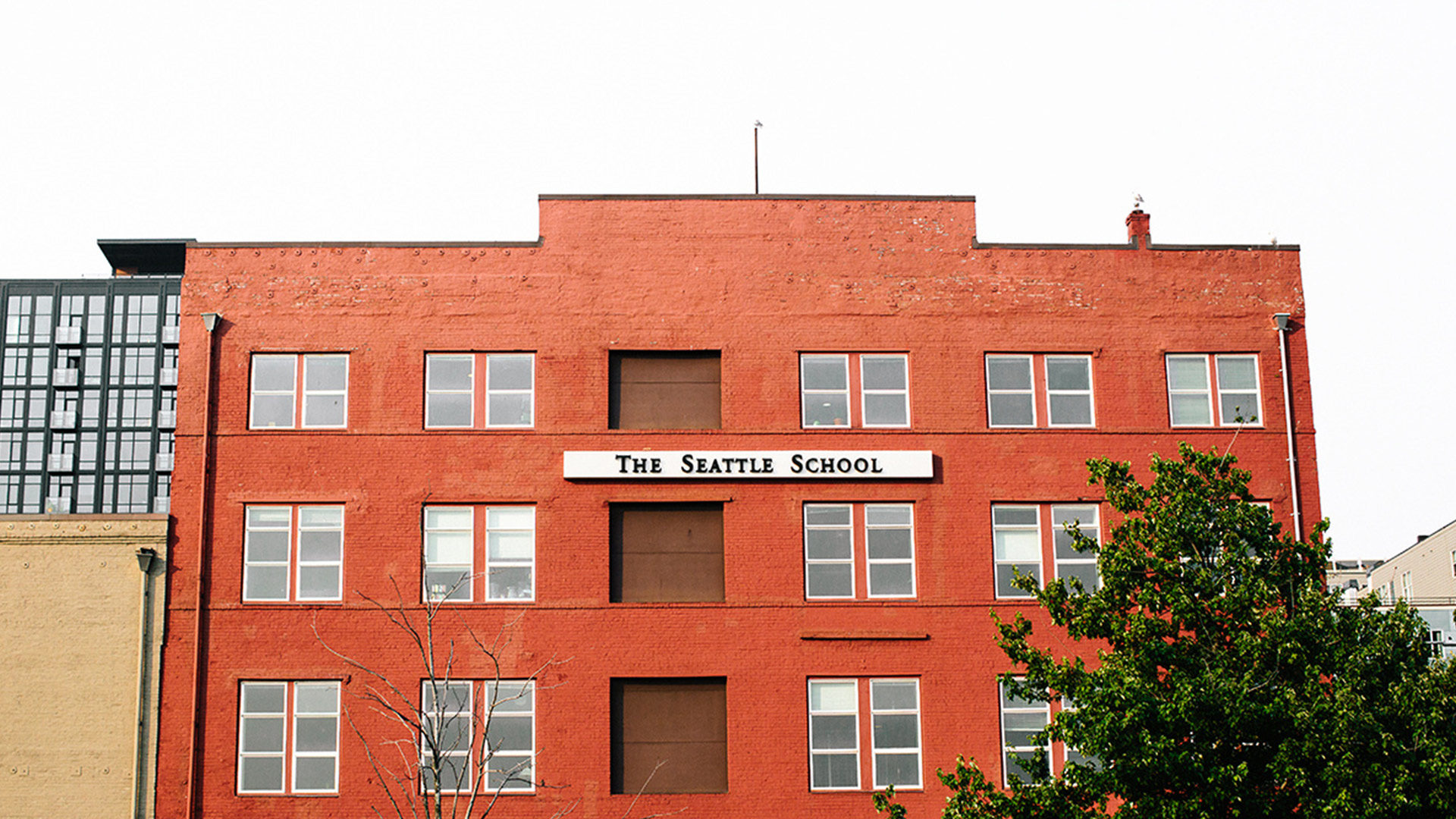The Seattle School of Theology & Psychology announces three new Theology & Culture graduate degrees open for enrollment beginning this fall. The low-residency programs have been named Master of Arts in Theology & Culture: The Arts, Master of Arts in Theology & Culture: Community Development, Master of Arts in Theology & Culture: Ministry.
These new 39-credit degrees come as The Seattle School recognizes learners are looking for professional degrees with streamlined programs and highly applicable skills for the ways they are serving in the world. Previously, The Seattle School’s 48-credit Master of Arts in Theology & Culture allowed students to choose from three tracks (Interdisciplinary Studies, Global & Social Partnership, or Theology, Imagination & The Arts). These tracks have been reimagined and embedded into the integrative curriculum of the new degree programs. In these two-year programs, students engage both theory and practice through a contextual and applied orientation toward theology. Each of these degrees are composed of three elements: our common curriculum, a series of MATC core courses, and a set of degree-specific classes and learning projects built toward the arts, community development, or ministry.
“We are preparing leaders to engage culturally complex communities and innovative expressions of Christian faith into the future,” says Dr. J. Derek McNeil, President and Provost of The Seattle School. “I am hopeful that these training degrees bring about a more balanced student body, decrease the burden of student debt, and that they better serve the needs of both those who come to us looking for training and the communities our students inhabit.” Funding through the Pathways for Tomorrow Initiative supports this programmatic evolution for the school’s Theology & Culture degree as well as continued development of innovative programming aimed at training and supporting those leading faith communities.
“The Theology faculty have worked hard to develop an integrated curriculum that allows students to have in-depth study in their particular vocational pathway while retaining a cohort model that encourages cross-disciplinary thinking and engagement with colleagues.” says Dr. Misty Anne Winzenried, Dean of Teaching and Learning. “With the low-residency model and the curriculum redesign, students are invited to see their own contexts as part of the learning experience. The ministries, organizations, and communities that students are already working in and members of become part of our collective classroom.”
The Seattle School will begin accepting applications for these three programs in February for the first cohort to begin in Fall of 2022. Current students enrolled in the MATC degree will be allowed to finish out and graduate under the existing curriculum. For more information on the three new degree programs, please visit the MATC landing page.


